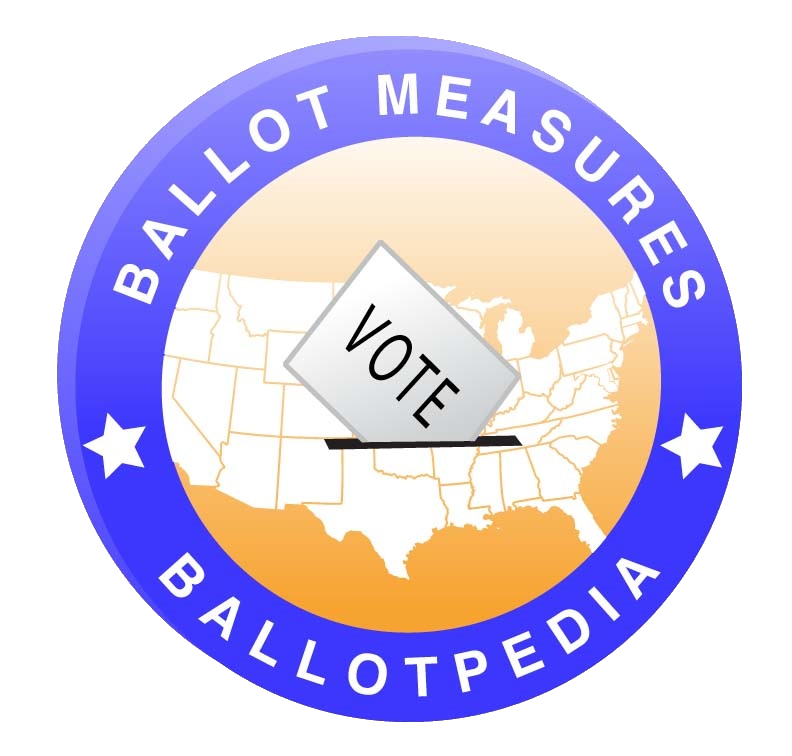Laws governing ballot measures in South Carolina
This page provides an overview of resources addressing the laws and procedures that govern statewide and local ballot measures in South Carolina, including constitutional amendments, recall procedures, and campaign finance regulations.
- Types of ballot measures in South Carolina
- Amending the South Carolina Constitution
- Laws governing local ballot measures in South Carolina
- Laws governing recall in South Carolina
- Laws governing state constitutional conventions in South Carolina
- Campaign finance requirements for South Carolina ballot measures
- Changes to laws governing ballot measures in South Carolina
Laws governing ballot measures in South Carolina
Types of ballot measures in South Carolina
- Citizens of South Carolina do not have the power to initiate statewide ballot measures.
- In South Carolina, the legislature can refer constitutional amendments and advisory questions to the ballot.
Amending the South CarolinaConstitution
- South Carolina became a state in 1788. South Carolina has had seven constitutions. The current state constitution was ratified in 1895.
- The South Carolina Constitution can be amended in two ways:
- Legislatively referred constitutional amendment: A two-thirds (66.67%) vote is required during one legislative session for the South Carolina State Legislature to place a constitutional amendment on the ballot. Amendments do not require the governor's signature to be referred to the ballot. Additionally, the legislature needs to approve a constitutional amendment for a second time after voters approve the amendment. This second vote requires a simple majority in the state House and Senate.
- Convention-referred constitutional amendment: A state constitutional convention can vote to refer constitutional changes to the ballot.
Laws governing local ballot measures in South Carolina
- South Carolina Code of Laws 5-17-10 mandates the initiative process for all general law cities and 4-9-1210 provides the same for counties.
Laws governing recall in South Carolina
- South Carolina does not allow the recall of any elected officials.
Laws governing state constitutional conventions in South Carolina
- According to Article XVI, Section 3 of the South Carolina Constitution, the South Carolina State Legislature can vote to put a constitutional convention question on the ballot.
Campaign finance requirements for South Carolina ballot measures
- PACs that support or oppose ballot measures in South Carolina must register and report campaign finance.
- No individual or group may contribute more than $3,500 total to a ballot committee in a calendar year. South Carolina bans all anonymous contributions made to ballot issue committees, and all anonymous contributions must be returned within seven days to the South Carolina Children's Trust Fund.
Changes to laws governing ballot measures in South Carolina
See also

Footnotes



